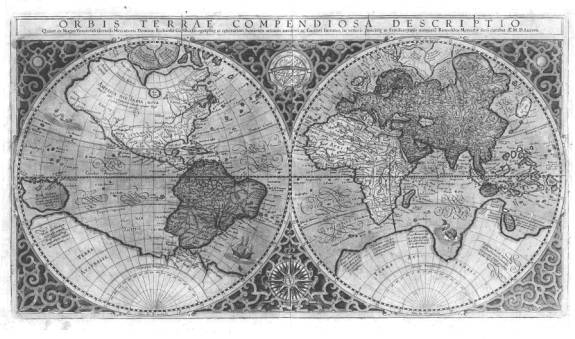
|
LITR 5734:
Colonial & Postcolonial Literature
|
|
The conditions under which you take your final exam are variable. All options are open-book and open-notebook.
- You may write your exam in-class during the final exam period (4-6:50, 1 May 2008).
- You may write your exam out-of-class and send it by email, using a time span of up to four hours, with the exam due by Friday, 3 May, 6pm.
- Since the assignment is known, you may prepare your answers. In writing your submission, however, please observe time allotments.
Content: 2 essays of approximately 1.5 hours each.
Length: Depending on paragraph and sentence lengths, at least 4-5 paragraphs. The best essays are usually longer than average, overflowing with ideas that connect with each other and the texts.
Essay 1: Describe and evaluate your learning experience or learning curve (Objective 3 + others)
Essay 2: Compose a dialogue between our four novels since the midterm. (Objectives 1, 2, and 3 + others)
Requirements:
Both essays must have a title (for posting purposes).
You must make at least one reference to a previous final exam submission from an earlier offering of this course.
Essay 1: Using the following elements, describe and evaluate your learning experience or learning curve in this course :
-
2-3 course texts and / or presentations you found impressive
-
your midterm exploration of this theme--review, evaluate, & extend
-
one or both of your research posts
-
Objective 3c ("American resistance to or ignorance of postcolonial criticism" and "issues of American ignorance of larger world and alternative worldviews")--though welcome to vary the language or tone.
-
content from class discussions, methods, or lectures
-
other objectives
Integrate these and other dimensions of our reading, research, and discussions into a central comprehensive theme or "learning outcome."
Following are prompts or cues--not a checklist:
- "Learning experience" or "learning
outcome" may sound elementary, but the purpose is to integrate the
course's range or base of texts and knowledge into your self-description as a student and practitioner of
Literature. You're not expected to describe a life-changing experience but
rather to integrate it into your personal and professional profile. Your instructor
wants to learn what students come in knowing and thinking,
and what elements of the course connect.
- What aspects of the course (content
and/or methods) did you found most challenging or rewarding. What outcomes
does it provide your career as a reader, teacher, or researcher?
- Refer to at least one objective, or
as many as may be helpful. For objective 3, for instance, how have you
resolved or balanced “American ways of thinking,” which tend to be
nationalistic and isolationist (despite our international presence) with the
internationalist mediations developed by Colonial and Postcolonial Studies?
(The purpose is not to berate the USA, especially given its multicultural
population and status as an immigration-magnet, but to develop American
knowledge of the history and literature of the larger world.)
- Since Essay 2 highlights the
Colonial-Postcolonial dialogue, this essay may be your opportunity to
discuss the “third wave” or other descriptions of post-post-colonial
demographics (optional). Welcome to refer to texts, films, or poems
presented in class or to others of your acquaintance.
Essay 2: Referring to Objectives 1 & 2, compose a thematic dialogue between our four novels since the midterm.
Novels since midterm: A Passage to India, Train to Pakistan, Adventures of Robinson Crusoe, Lucy.
-
The theme or subject of this dialogue is your choice--e. g., gender, tradition, voice, self-other--but your essay must address objectives 1 & 2 concerning dialogue, intertextuality, and the novel.
-
Refer to one or more student presentations, especially “dialogues.”
-
Relating to Obj. 2a, 2nd bullet (How may literary fiction instruct or deepen students’ knowledge of world history and international relations compared to history, political science, anthropology, etc.?), evaluate the usefulness of fiction for learning about the colonial-postcolonial dynamic in world cultural history. These considerations could appear in your introduction, conclusion, or throughout.
-
You may refer briefly to our course's opening dialogue between Heart of Darkness and Things Fall Apart if helpful.
-
See examples from previous students in final exam samples on Model Assignments--usually the second answer in the final submissions.
* * * * *
Objective 1. To bring classic literature of European colonialism and emerging literature from the postcolonial world into dialogue.
1a. Intertextuality . . .
Objective 2. To theorize the novel as the defining genre of modernity, both for early-modern imperial culture and for late-modern postcolonial culture.
2a.
-
How may literary fiction instruct or deepen students’ knowledge of world history and international relations compared to history, political science, anthropology, etc.?
Grading criteria:
Organizational unity and stylistic quality of writing.
Comprehension and extension of course content.

